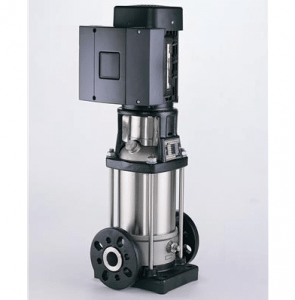
Agriculture
January 31, 2024
Grundfos Solar Surface Pump
Read SolutionImplemented by
Grundfos
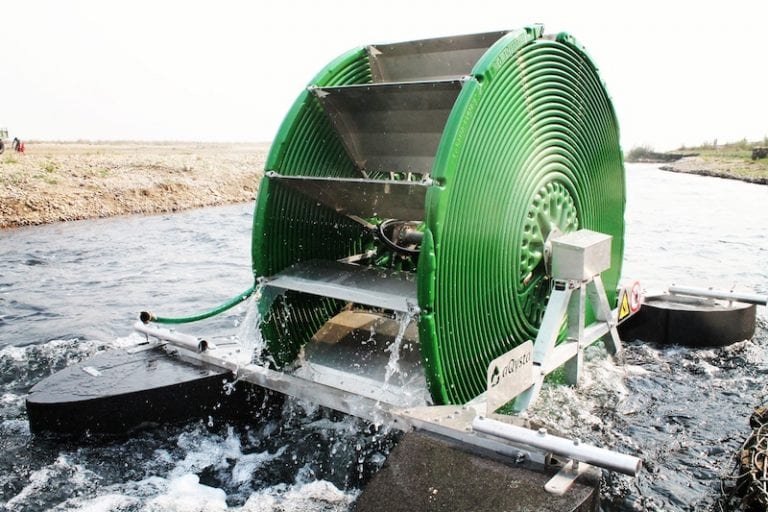
Updated on February 16, 2024
·Created on October 20, 2020
The Barsha Pump is a hydro-powered wheel pump which pumps water from a river to irrigate farms.
The Barsha Pump is a water wheel propelled pump that uses the flow of rivers to pump water to irrigate farms, without the use of electricity or fuel. This product is designed to help small-holder farmers to irrigate their farms at a low energy cost. The pump can be integrated with storage systems like tanks and ponds to enable farmers to store water. This product can al be linked to water distribution systems like a sprinkler system, drip system, mister, etc. to help farmers irrigate a larger area of land.
Target SDGs
SDG 2: Zero Hunger
SDG 7: Affordable and Clean Energy
Market Suggested Retail Price
$2,241.00
Market Suggested Retail Price (Secondary Currency)
2000 EUR
Target Users (Target Impact Group)
Small and Medium-sized Enterprises
Distributors / Implementing Organizations
The product is distributed through aQysta's distributors in Africa, South America and Asia.
Competitive Landscape
Direct competitors include Futurepump SF1 Solar Pump.
Regions
South Asia
Countries
Colombia, India, Indonesia, Malawi, Nepal, Nigeria
Manufacturing/Building Method
The Barsha Pump is built in Delft, The Netherlands. It is designed as a revolving wheel that collects water from a river or canal as its water flows. The flow of the river or canal water powers the Barsha Pump, enabling it to collect water from the river or canal and sending it to the farm or water storage system for irrigation.
Intellectural Property Type
Patent
User Provision Model
Users can acquire the Barsha Pump through aQysta's distributors in Africa, South America, and Asia. The company also partners with other organizations to make the product available at reasonable costs. Users can also contact the manufacturer directly to buy the Barsha pump.
Distributions to Date Status
The exact number is unknown. However, aQysta estimates that to date, the Barsha Pump has served about 5000 farmers around the world in countries such as Nepal, Indonesia, Spain, Turkey, and Zambia.
Pump type
Hydro-powered pump
Irrigation capacity (acre)
4.94
Maximum flow rate (L/min)
27.78
Maximum lift/head (m)
20
Required pressure (MPa)
Unknown
Maximum distance from water source (m)
2000
Power source
Hydropower
Power requirement: Max power (W)
Not applicable
Power requirement: Max motor current (A)
Not applicable
Power requirement: Voltage range (V)
Not applicable
Design Specifications
The Barsha Pump is a water pump designed to operate without fuel or electricity. The pump can be used in rivers, streams, and canals. Barsha Pump is available in two different sizes: the narrow and the wide sizes. The dimensions of the narrow pump are 144 x 179 x 150 cm and the dimensions of the wide pump are 164 x 179 x 150 cm. The weight of the narrow pump is 75 kg and that of the wide pump is 80 kg.
The pump consists of spirals where the air is compressed between water columns resulting in air pressure that lifts the water. The pump can lift water to a height of up to 20 m or pump to a distance of 1 km, while reaching up to 40,000 liters of water per day, depending on the flow velocity of the water. Since no fuel or electricity is required for its operation, the pump does not emit polluting greenhouse gases.
In order to pump water from the water source, the pump must be connected to an HDPE pipe with a diameter of 40 mm and the length needed for the distribution of the water pumped.
The Barsha pump has a patented modular structure that allows water to be scooped up and pumped. The design consists of a spiral pump that is formed by a tube wrapped around a horizontal axis as can be seen in the image. One end of the tube is open and once per revolution, it is submerged underwater, filling partially the spiral. In each revolution, the air inside the spiral is compressed building up the pressure to pump the water outwards on the other end.
For the pump to work properly, the flow rate of the river or stream or canal should be at least 0.8 m/s. The river should have a minimum depth of 20-50 cm and a minimum width of 150 cm.
Technical Support
The product is said to require little maintenance. An assembly manual is provided with each pump, pre-assembly and installation are offered by the manufacturer for an additional price. The maintenance of the pump can be performed by untrained individuals.
Replacement Components
HDPE pipe with a diameter of 40 mm, rotary coupling seal, pillow block bearing.
Lifecycle
10 years
Manufacturer Specified Performance Parameters
The pump is designed to result in zero pollution, be simple to maintain, and require zero fuel and electricity to operate.
Vetted Performance Status
Performance parameters including depth required, flow rate required, width required, maximum height, and distance have been vetted by researchers at the Technical University of Delft in collaboration with aQysta.Interview with representative in 2020
Safety
There are no known safety hazards related to this product.
Complementary Technical Systems
Feasibility tables are available for different river conditions. Pre-assembly or full installation is available worldwide for an additional cost.
Academic Research and References
Intriago Zambrano, J. C., van Dijk, R., Michavila, J., Arenas Pinilla, E., Diehl, J. C., and Ertsen, M. W., 2019, Co-creation of affordable and clean pumped irrigation for smallholders: lessons from Nepal and Malawi. Water Supply.
Arenas Pinilla, E. M., Cantizano González, A., and Arenas Alonso, A., 2016, Estudio de una bomba-turbina integral. Thesis, Universidad Pontificia Comillas.
Compliance with regulations
The company has obtained a CE certificate for the pump, in addition to import certificates to Kenya, Indonesia, Colombia, and Malawi. Interview with representative in 2020
Other Information
Youtube video of Barsha Pump
The Barsha Pump and technical specifications

Agriculture
January 31, 2024
Implemented by
Grundfos
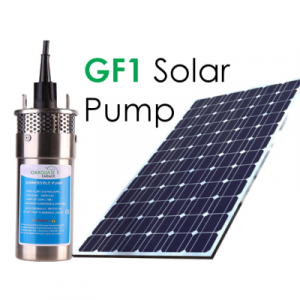
Agriculture
August 29, 2024
Implemented by
Graduate Farmer
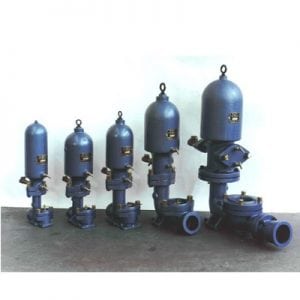
Agriculture
December 22, 2023
Implemented by
Allspeeds
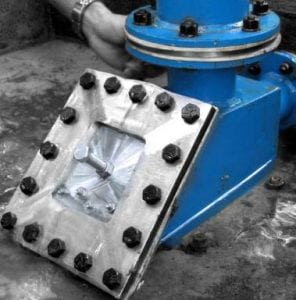
Agriculture
December 21, 2023
Implemented by
AID Foundation Inc. (AIDFI)
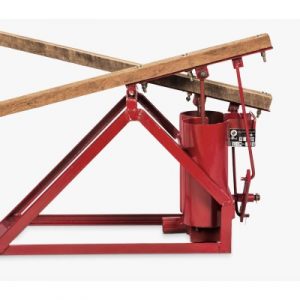
Agriculture
February 23, 2024
Implemented by
Proximity Designs
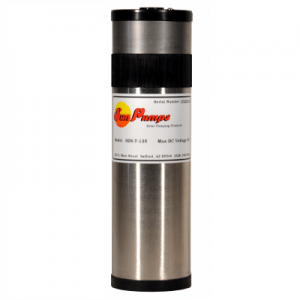
Agriculture
December 27, 2023
Implemented by
SunPumps
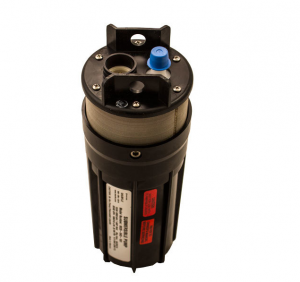
Agriculture
December 27, 2023
Implemented by
Shurflo Water Pumps
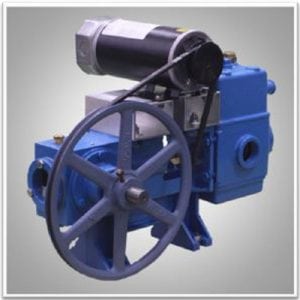
Agriculture
January 31, 2024
Implemented by
Dankoff
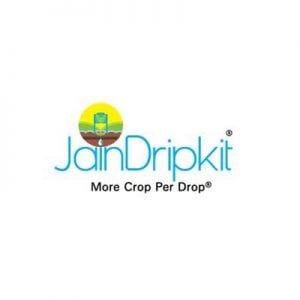
Agriculture
August 20, 2024
Implemented by
Jain Irrigation Systems Ltd.
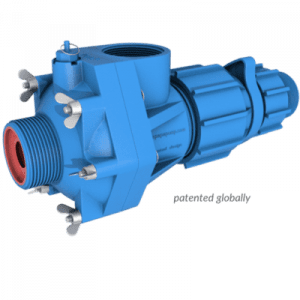
Agriculture
January 30, 2024
Implemented by
Water Powered Technologies
Have thoughts on how we can improve?
Give Us Feedback